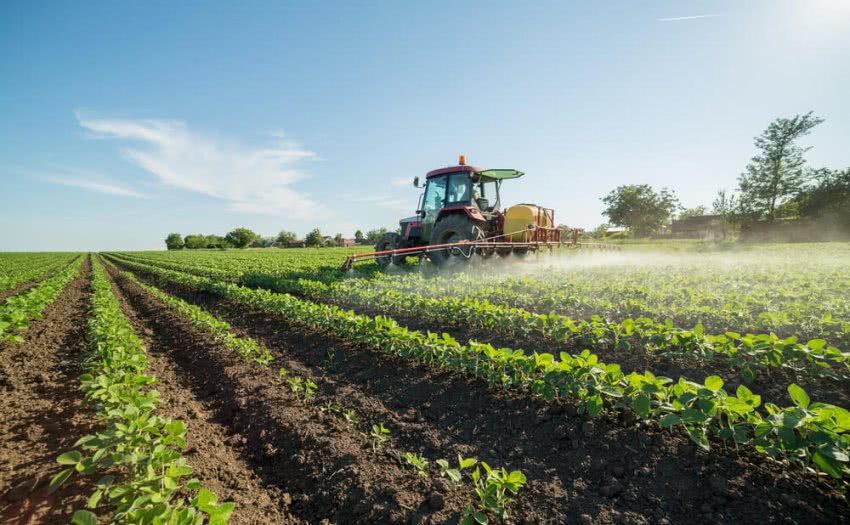NEW DELHI: The Agriculture Ministry is ready with a new central scheme to promote natural farming in the country with an estimated outlay of Rs 2,500 crore, a senior government official said on Tuesday.
The proposed new scheme on natural farming will soon be placed before the Cabinet for approval, the official added.
The new scheme has been designed months after Prime Minister Narendra Modi stressed the need to keep looking at alternatives for existing fertiliser and pesticide-based farming while addressing a national conclave on natural farming in Gujarat in December last year.
Modi had also said natural farming offers much better products with no side effects.
“After several rounds of consultations with stakeholders, a draft scheme on natural farming has been framed in order to promote natural farming with a systematic approach without disturbing the existing systems of farming,” the government official told PTI.
The proposed scheme aims to adopt a complementary and cluster approach, to begin with, and will focus on intensive handholding of farmers practising natural farming, marketing of the produce and providing extension services, among other activities, the official said.
The objective of the scheme is not the conversion of chemical farming but promoting natural farming in areas where chemical farming has not reached yet. For instance, chemical farming is not much practised in dryland areas, the official said.
It may be noted that the government in the Union Budget 2022 has announced the promotion of chemical-free natural farming throughout the country, starting with fields within a 5-km corridor along the Ganga river.
According to government think-tank Niti Aayog, natural farming is a chemical-free alias traditional farming methods. It is considered an agroecology based diversified farming system, which integrates crops, trees and livestock with functional biodiversity.
In India, natural farming is promoted as Bharatiya Prakritik Krishi Paddhati Programme (BPKP) under the centrally sponsored scheme Paramparagat Krishi Vikas Yojana (PKVY).
Niti Aayog along with the Ministry of Agriculture and Farmers welfare had convened several high-level discussions with global experts on natural farming practices.
It is roughly estimated that around 2.5 million farmers in India are already practising regenerative agriculture. In the next five years, it is expected to reach 20 lakh hectares – in any form of organic farming, including natural farming, of which 12 lakh hectares are under BPKP, Aayog said on its website.
The BPKP programme has been adopted in Andhra Pradesh, Karnataka, Himachal Pradesh, Gujarat, Uttar Pradesh and Kerala.
Several studies have reported the effectiveness of natural farming BPKP in terms of increase in production, sustainability, saving of water use, improvement in soil health and farmland ecosystem. It is considered as a cost-effective farming practice with scope for raising employment and rural development, Aayog added.
Source: Press Trust of India



